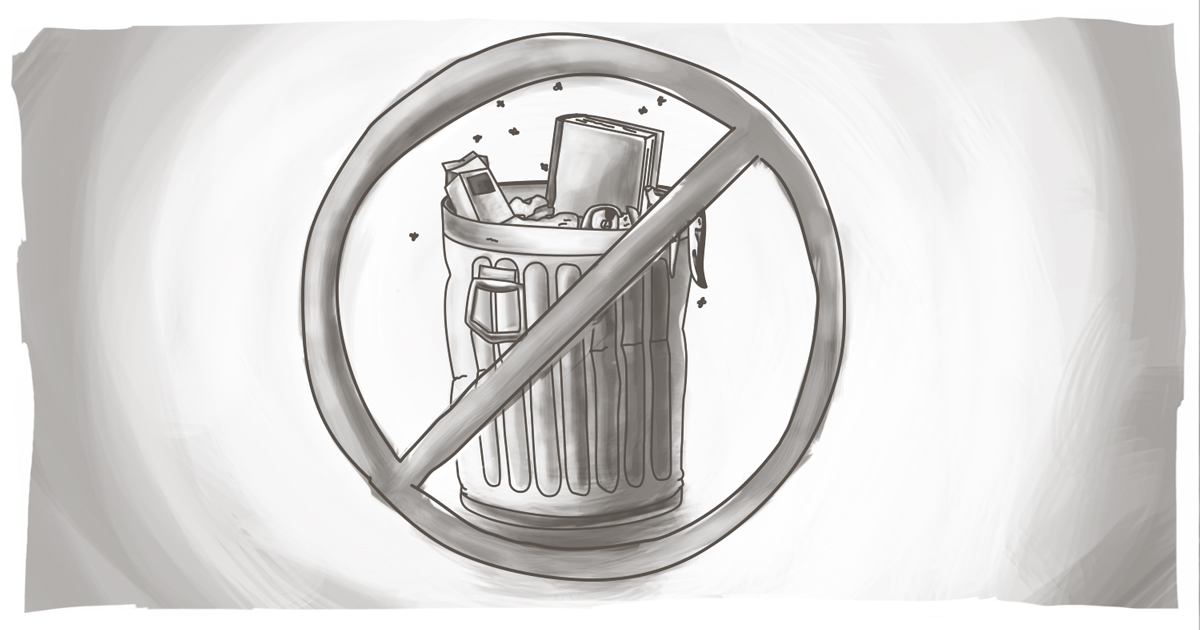Email Clients and Best Practices – Canada’s Anti-Spam Laws Simplified and Demystified

The Canadian anti-Spam law has been in full effect for just over three weeks now. The sky hasn't fallen, no corporate communicators have been waterboarded (to my knowledge), and the only impact people have really felt has been an inundation of pre-July 1st e-mails asking for permission.
So now, as we enter the dog days of summer, do we find ourselves in a post-apocalyptic Mad-Max-style dystopian e-society? Have we wandered the cyber desert only to find fading e-mails and discarded text messages hanging precipitously from the abandoned businesses that once sent them?
Not at all. In fact, most of the companies falling under the purview of Canada's anti-Spam legislation were already compliant and conducting themselves under best practices.
And if you're using certain third-party services for your e-mail delivery, you should be fine – more than fine, actually.
At Digital Echidna we tend to use either MailChimp or Campaign Monitor with our clients. The terms and conditions of both clients, in many ways, exceed the minimum thresholds of CASL. In addition, they're responding to the needs of Canadian users:
"... we generally don't let individuals reconfirm their lists through us. But we quickly realized that for CASL we'd have to make an exception."
As a result, MailChimp has gone out of its way to accommodate its Canadian clientele. Campaign Monitor users following its anti-spam policy are also likely compliant with the Canadian legislation.
It's not just a Canadian issue – CASL applies even if the commercial electronic message is intended for someone not in the Great White North. If, for example, an e-mail message is routed through Canadian territory (ISP mail server), then it must comply.
The dirty little secret that many of the people trying to make money off the "sky is falling" mentality of pre-July 1 did so using scare tactics and omission. Fear is a great motivator and we can't blame many people in corporate scenarios for worrying about CASL's impact on their business. You can make a lot of money convincing people they need to protect themselves from imminent danger – even if it doesn't exist.
As we pointed out right up front, in our first post about CASL regulations back on June 12th, there's no need to panic. "Most importantly, you don't need to purge your e-mail list, wipe clean your newsletter slate, or stay silent, hiding behind a virtual rock for fear of retribution," I wrote at the time. "Existing relationships are grandfathered in and you have three years to convert to an expressed-consent relationship."
If you've implemented best practices within your business, or are using an e-mail service like MailChimp or Campaign Monitor, chances are you're already doing the right thing. Yes, over the next while you'll want to ask for that expressed consent – but that shouldn't be done out of fear and misinformation, but rather sound business practices to ensure that you're still providing value to your customers – customers who will hopefully convert those messages into interaction and sales.
We're here to answer any questions you may have. And we invite you to explore our previous blogs on the Canadian anti-spam legislation. We want to help – but we're not going to sell you a bill of goods or take advantage of misinformation. And we want to know how CASL has impacted your efforts. What steps, if any, have you taken? What concerns do you have?
You know how to reach us: either add a comment below or send us an e-mail to [email protected].
I haven't complied with CASL yet. What do I do?
How do I comply with the Canadian anti-spam law?
If i use an email client, am I CASL compliant?
SUBSCRIBE TO OUR E-NEWSLETTER
 Subscribe
Subscribe


